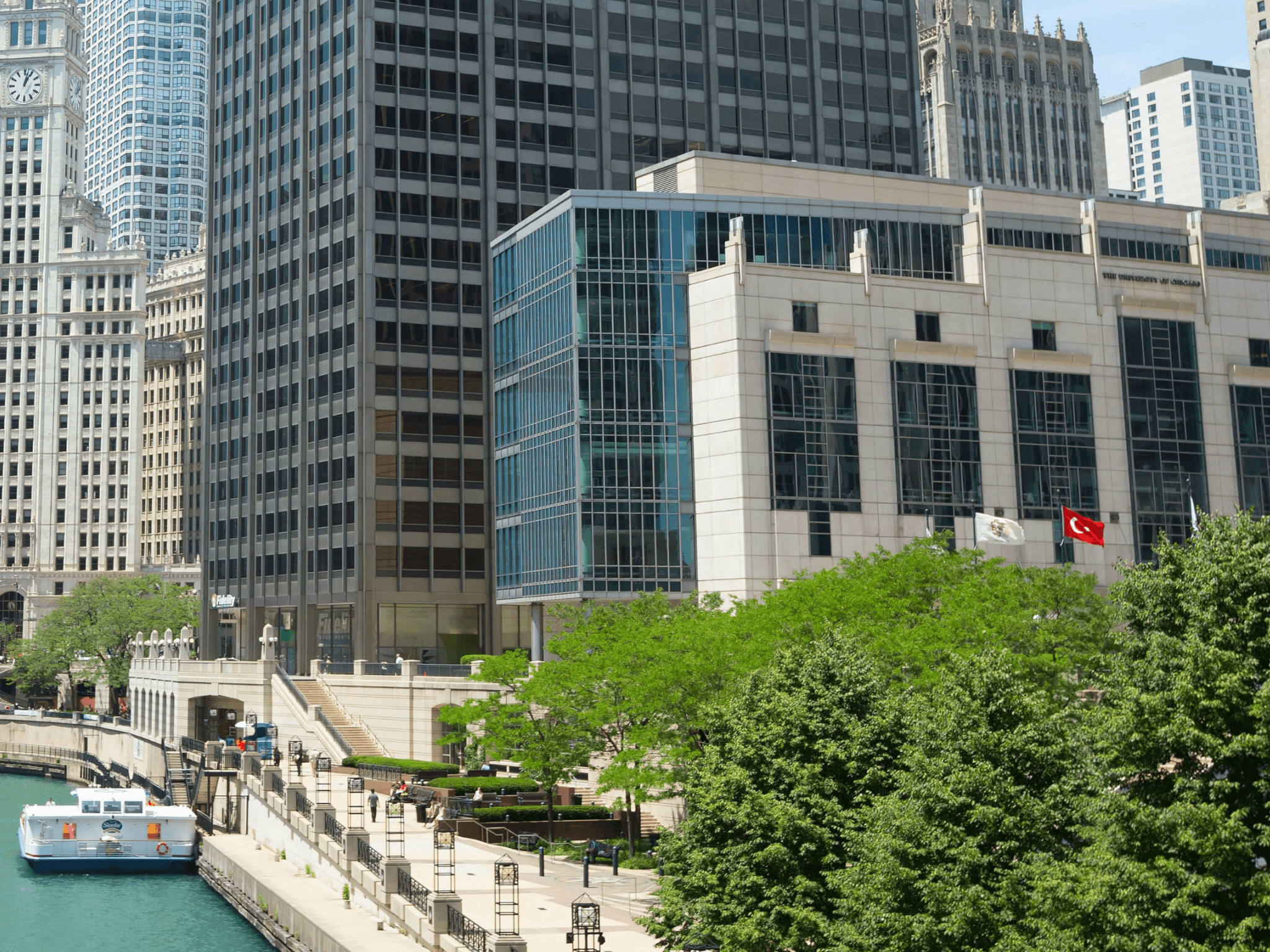Chicago Booth MBA Admissions: 2025–2026 Guide
To create knowledge with enduring impact, and to educate current and future leaders.

Last updated: August 2025 — Includes new 2026 MBA deadlines, updated class profile data, and the latest essay prompt changes.
🎯 Why Chicago Booth?
The University of Chicago Booth School of Business is renowned for its intellectual rigor, data-driven approach, and flexible curriculum. Booth empowers students to chart their own academic path, making it especially attractive to those who want deep control over their MBA experience.
Booth alumni include Microsoft CEO Satya Nadella, Goldman Sachs CEO David Solomon, and Morningstar founder Joe Mansueto. With its location in Chicago and a growing presence in global finance and tech, Booth produces leaders known for analytical strength and innovation.
👉 Chicago Booth MBA Program Overview
📅 Application Deadlines (Class of 2028 Entry)
Round 1
Application Deadline: September 19, 2025
Decision Released: December 4, 2025
Round 2
Application Deadline: January 9, 2026
Decision Released: March 19, 2026
Round 3
Application Deadline: April 3, 2026
Decision Released: May 22, 2026
👉 Chicago Booth MBA Application Deadlines
📝 Chicago Booth Essays (2025–2026 Cycle)
Booth’s essays are designed to highlight individuality and authenticity:
- Essay 1: How will a Booth MBA help you achieve your immediate and long-term post-MBA career goals?
- Essay 2: Share an example of a time you were challenged or failed. How did you respond, and what did you learn about yourself?
- Optional Essay: Provide any additional information that may help the admissions committee understand your candidacy better.
👩🎓 Class Profile (MBA Class of 2026)
- Class Size: ~637 students
- Acceptance Rate: ~20–22%
- Average GMAT: 728
- Average GPA: 3.6
- Work Experience: 5 years (avg)
- Women: 42%
- International: 38%
👉 Chicago Booth MBA Class Profile
💼 Careers After Chicago Booth
Booth graduates secure roles in top consulting, finance, and tech firms, with an especially strong pipeline to investment banking and consulting. Entrepreneurship is also supported through the Polsky Center for Innovation and the New Venture Challenge, one of the nation’s leading startup accelerators.
Median base salary for the Class of 2024 was $180,000, with a median signing bonus of $30,000.
👉 Chicago Booth MBA Employment Report
🌍 International Applicants
Booth has one of the largest international student communities among U.S. business schools, with nearly 40% of its MBA class hailing from outside the U.S. The school offers STEM-designated MBA concentrations, supporting extended work authorization for international graduates.
👉 Chicago Booth International Students
📚 Inside the Booth MBA Experience
Signature elements of the Booth MBA include:
- Flexible Curriculum: Students design their own path, with only one required course (Leadership Effectiveness and Development).
- The Harper Center: Booth’s Hyde Park hub, hosting classes, events, and networking.
- LEAD Program: Booth’s signature leadership development course.
- Polsky Center for Entrepreneurship and Innovation: A world-class hub for founders and venture capital.
👉 Chicago Booth MBA Curriculum
❓ FAQs
Is Booth more flexible than other M7 programs?
Yes — Booth’s curriculum is famously flexible, with almost no required courses.
What GPA and GMAT/GRE scores are competitive?
The average GMAT is 728, and the average GPA is 3.6. The middle 80% GMAT range is 700–770.
Does Booth prefer the GMAT over the GRE?
No. Both are accepted. Roughly 65% of applicants submit GMAT, 35% submit GRE.
How selective is Booth?
Booth’s acceptance rate is ~20–22%, making it slightly less competitive than HBS or GSB, but still highly selective.
Does Booth offer scholarships?
Yes. Booth offers both merit-based and need-based fellowships. A significant share of students receive funding.
What are common post-MBA careers?
Consulting, investment banking, private equity, and tech are the most common pathways. Booth also has strong placement in entrepreneurship.
What’s unique about Booth’s teaching style?
Booth emphasizes data-driven problem solving, with a strong tradition in economics and finance. Classes mix case discussions, lectures, and analytics-driven assignments.
Does Booth have joint degree programs?
Yes. Options include MBA/JD with the Law School, MBA/MD with the Pritzker School of Medicine, and MBA/MPP with Harris School of Public Policy.
🤝 Work With M7A
Applying to Booth is competitive — and positioning yourself against thousands of smart, analytical peers is no easy task. Our team of M7 grads helps you refine your essays, sharpen your career story, and maximize your chances of admission.